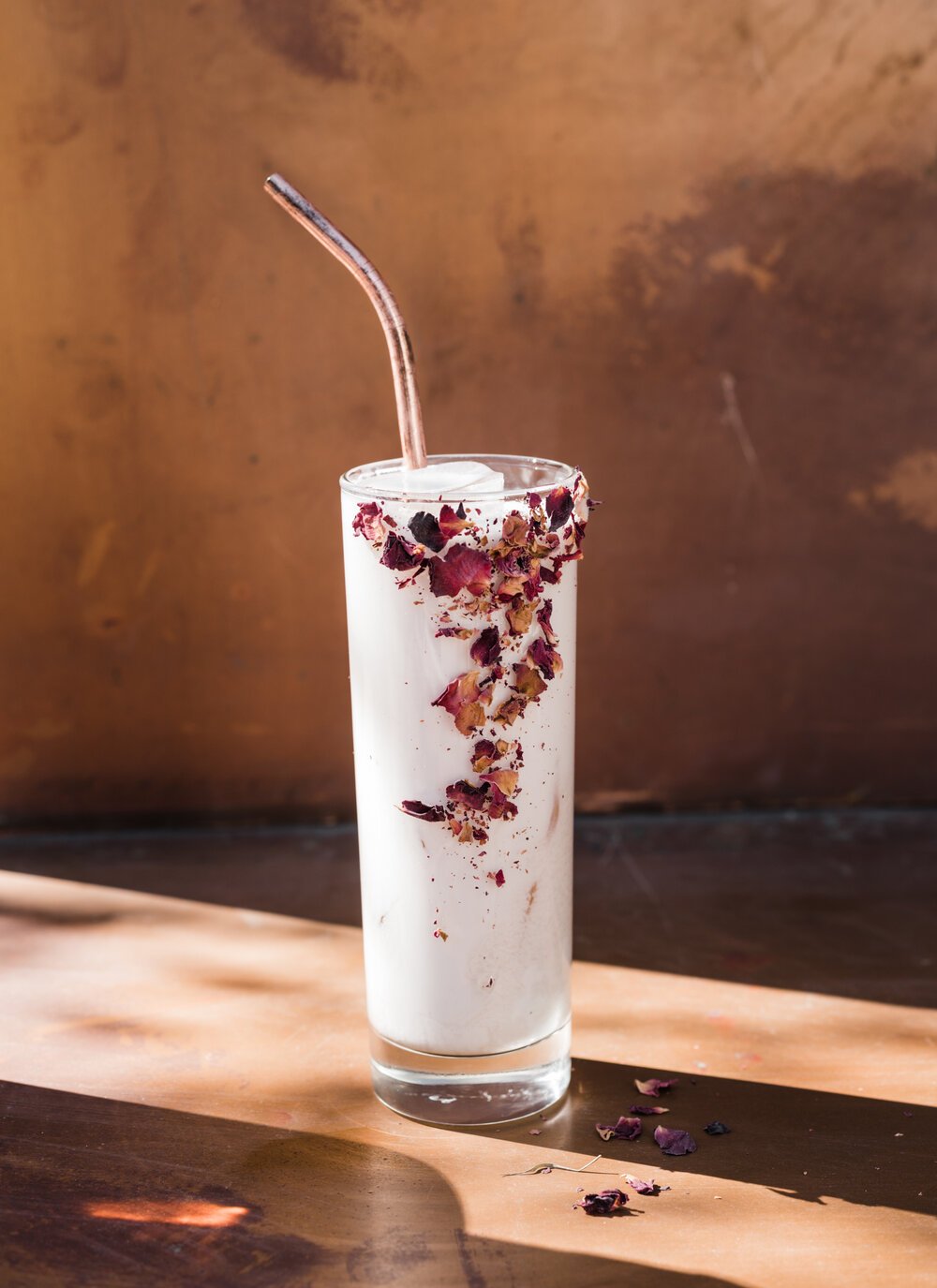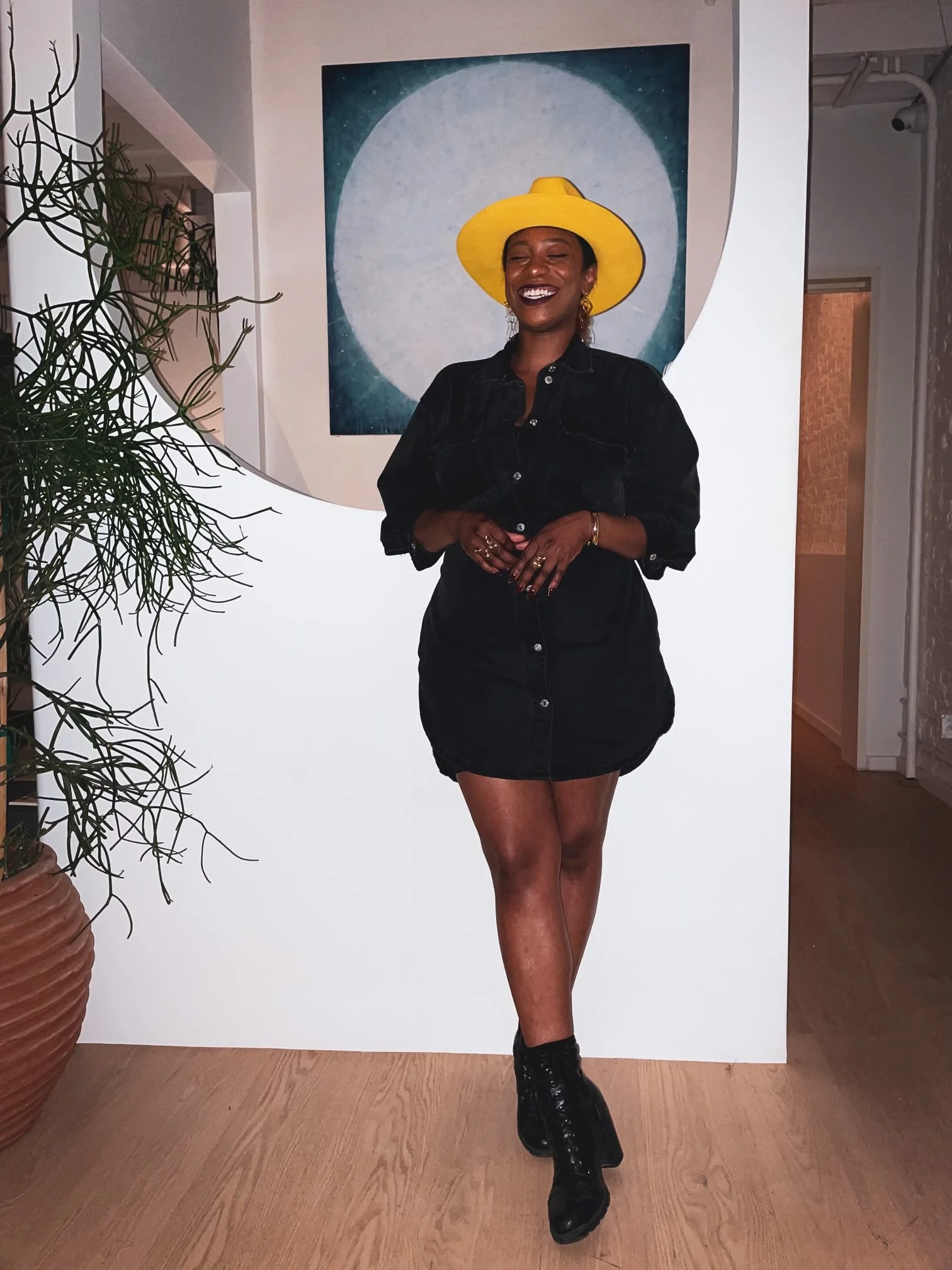
Liberation. Libations.

No Liberation
The name BarNoirBoston, exactly as it is written, struck me like lightning during a busy bar shift. Bumping the recently released Black Panther soundtrack, the battle cry of the Dora Milaje reverberated through me like a call to action, instantly waking me up out of a not uncommon dream state for me, wondering who, what, when the change would come. I’d been working in Boston for two years at that point, yet still struggling to find other Black bartenders in the city. It just didn’t make sense that we were so rare, given our history.
Stolen Africans were the foundation of all generative labor in the United States. If we worked the land, raised others’ children, cooked, cleaned, and everything in between – would that somehow stop at making drinks? Were our ancestors not earning money through bartending to purchase land, business, other family members out of enslavement? Did we not sling moonshine through the South to afford a train ticket up north and away from Jim Crow? Through every revolutionary generation, were restaurants and watering holes not safe spaces to gather, grieve, celebrate, and strategize? Then surely libations were at the freedom function, and we raised our glasses to liberation, not just sorrow.
As the erasure of African Americans while attempting to rebrand African American culture persists, BarNoir exists as a means to reaffirm, reclaim, reimagine, and pay respect to the generational traditions of Black hospitality that served as the underpinnings of empowered, thriving, globally impactful, culture and community.

